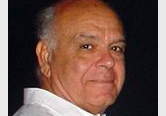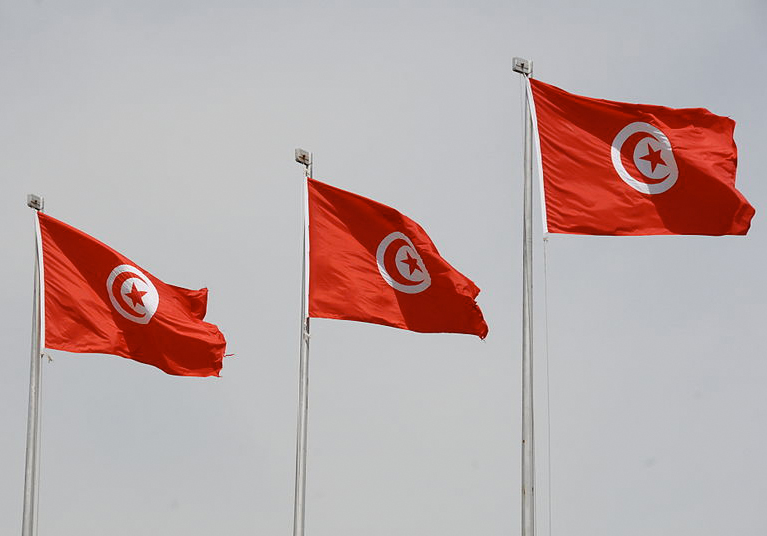 Today, the ICJ expressed its utter dismay over the five-year imprisonment sentence against the Tunisian human rights defender and opposition Member of Parliament Mr. Khémais Chammari, aged 54.
Today, the ICJ expressed its utter dismay over the five-year imprisonment sentence against the Tunisian human rights defender and opposition Member of Parliament Mr. Khémais Chammari, aged 54.
The organization said that the trial of Mr. Chammari was politically motivated and that the charges brought against him were contrived to stifle his combat against human rights violations in Tunisia. The ICJ called upon Tunisian President Zine El Abidine Ben Ali to immediately pardon Mr. Chammari and release him from detention.
The ICJ sent Swiss lawyer Katerina Nägeli to the trial which took place before the Criminal Chamber of the Court of Appeal of Tunis on 17 July 1996. The ICJ has the following preliminary concerns:
- The case was mainly based on evidence collected through the interception of telephone and facsimile communications. Such interceptions are contrary to article 9 of the Tunisian Constitution which protects privacy “except in exceptional circumstances specified by law.” These circumstances are not, however, specified in law. Despite this, the court convicted Mr. Chammari on the basis of this unconstitutionally-collected evidence;
- some of the evidence was collected while Mr. Chammari benefited from parliamentary immunity, in connection with another case. It should not have been accepted by the court;
- the prosecution failed to explain and prove that the facsimile which formed the basis of the charge came from Mr. Chammari; and,
- several documents used against Mr. Chammari were only shown to the defence team on trial day.
The court decision is now final and subject only to cassation for review of legal errors.
Mr. Chammari was arrested on 18 May 1996 and charged with “disclosure of national defence secrets to a foreign country or its agents,” a crime punishable by death, in accordance to sections 60 bis (para. 1) and 60 quater (para. 4) of the Tunisian Penal Code. The alleged “secrets” pertain to the trial case of the Mouvement des démocrates socialistes (MDS) President, Mr. Mohammed Moada, who was sentenced on 29 February 1996 to 11 years in prison on charges believed to have been fabricated. Mr. Chammari, as well as several other human rights defenders, had lobbied in support of Mr. Moada. For several months, a government-orchestrated harassment campaign targeted Mr. Chammari and his wife, lawyer Alya Cherif-Chammari, that included around the clock surveillance, a travel ban, physical assaults on Mrs. Cherif-Chammari, and, the lifting of his immunity by the ruling party-dominated parliament.
Mr. Chammari was refused bail and kept in detention pending trial. Representatives of several international and regional human rights organizations, diplomatic missions, and press agencies attended the trial.
Mr. Chammari has long been active in human rights at the national and international levels. He is former Vice-President of the Tunisian League for the Defence of Human Rights, an ICJ affiliated organization. He is a laureate of the French Commission consultative des droits de l’homme award.





